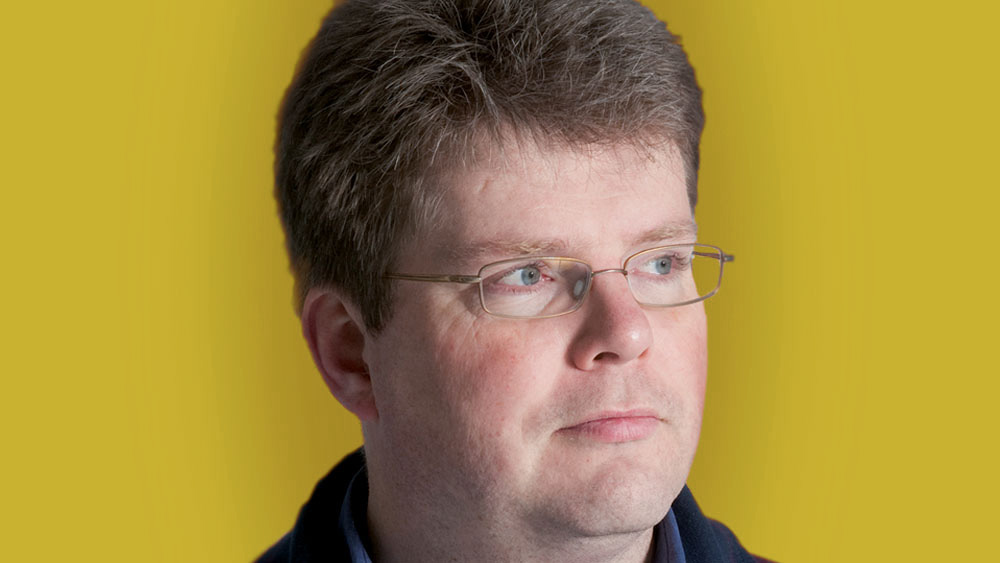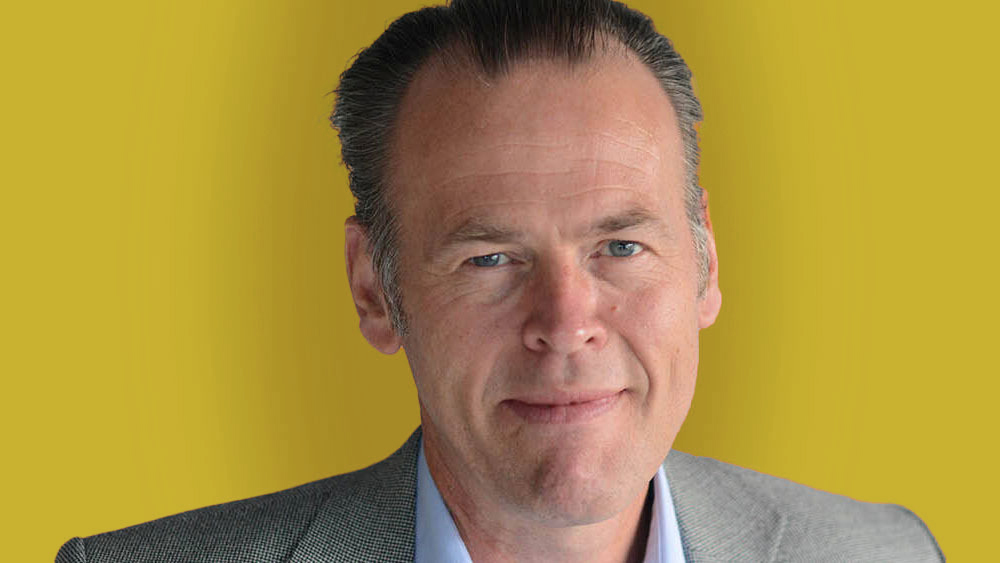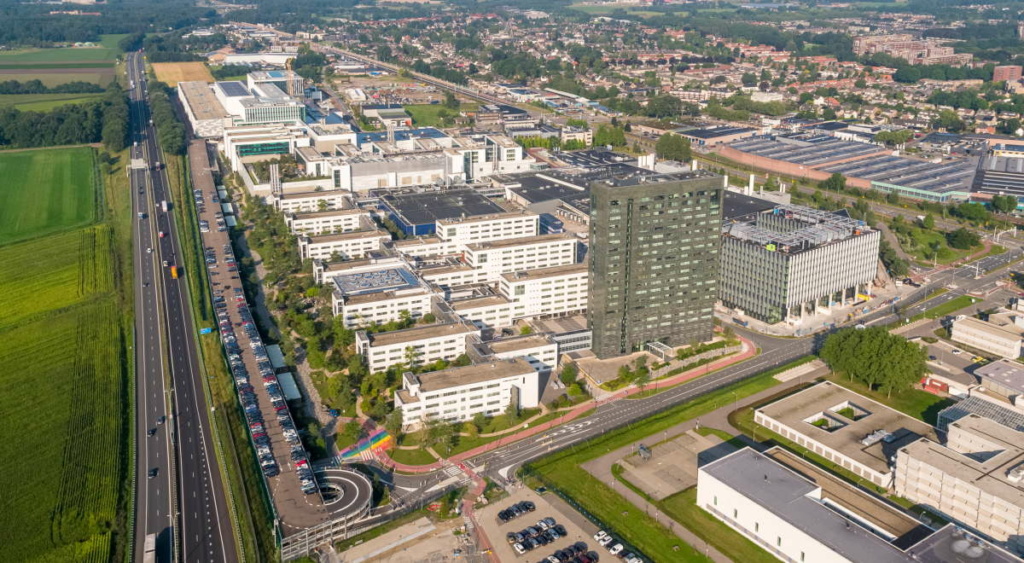Your cart is currently empty!

We need to innovate the innovation ecosystem
Anton Duisterwinkel has some advice for Peter Wennink on how to improve Dutch competitiveness.
The fact that former ASML CEO Peter Wennink has been asked by the Minister of Economic Affairs to write “an independent advice on the strengthening of the Dutch investment climate and earning capacity” is a compliment to the semicon industry, ASML and Wennink himself. At the same time, it’s also a big responsibility, because the Dutch industry is much more than semicon alone.
A single focus on semicon, as some argue, would be much like Feyenoord sending only Hadj Moussa to the pitch in the club’s next Europa League match. Yes, Moussa is the star that attracts the most attention, but he’s also the smallest player in the squad and would be very much alone. Many Dutch industrial activities are (considerably) larger than semicon and as profitable or more so. Furthermore, semicon depends on a wide network (‘team’) of suppliers that need other industrial markets to survive ups and downs in the notoriously cyclical semicon industry.
Rumor has it that Wennink and his commission are paying a lot of attention to generic conditions for industry. That’s good news, as these will benefit most industrial activities. This year, the Dutch regional development agencies have met with more than 750 companies in all kinds of industrial sectors that hold great economic promise, ranging from new proteins for food to quantum communication. We asked which factors help and hinder them in innovations. Some industries have specific needs, but many obstacles are generic. We’ve compiled a list of no less than 28 such generic improvement points, ranging from a lack of capital for growth in the scale-up phase to a lack of diversity in entrepreneurship.
None of these issues is new. Out-of-the-box solutions are desperately needed to solve them. For instance, the need for capital for scaling up has already been argued by Techleap several years ago. Tickets of tens to hundreds of millions are needed for first-of-a-kind green chemistry and biotech factories, as well as for setting up series production of high-tech instruments and equipment. Out-of-the-box: create an investment tool funded by the big pension funds.
The lack of talent for tech also needs an out-of-the-box solution. In Nordrhein-Westfalen, Germany, the no Abschluss ohne Anschluss campaign is a big success in combating youth unemployment. In this system, schools aren’t funded per diploma (“Abschluss”), but only if the graduates find a job (“Anschluss”). This provides an enormous stimulus for schools and universities to boost STEM studies. Copy-paste would be my suggestion.
Thirdly, the extremely low conversion rate of beginning businesses to successful companies needs an out-of-the-box approach. This conversion is a factor of ten lower than in the US. Rather than tech-push startups desperately seeking markets, we need market pull or need-driven startups seeking technology. Such businesses deserve a more diverse and experienced team than three tech graduates fresh from uni. Internationally renowned experts should coach these startups. Examples in Toronto, Oxford and Estonia show that this can be done, even in areas that are generally not considered to be successful startup regions.
Let’s hope that Wennink and friends have an eye for innovative solutions that are there for the taking.


